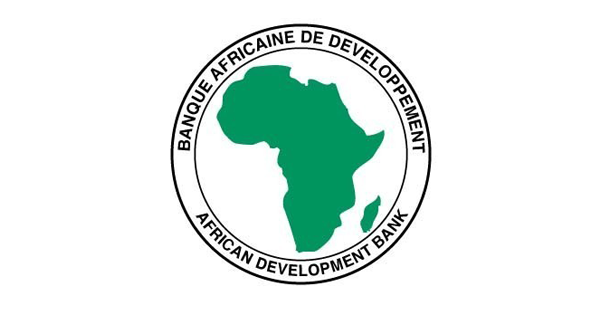By Muhammad Amaan
In its efforts to tackle illicit financial flows and corruption in Africa, the African Development Bank (AfDB) has begun the training of relevant stakeholders to build their capacity.
Dr Eric Ogunleye, the Acting Director and Division Manager, Policy Management at the African Development Institute of the AfDB, said this in Abuja.
He spoke during the Public Financial Management (PFM) Executive Training Education of the Public Financial Management Academy for Africa (PFMA) held in Abuja.
The training was organised for mid-to senior-level officials from the Ministries of Finance and Planning, central banks, and other public financial management institutions from across African countries.
Participants were also drawn from key anti-corruption agencies and statistical offices.
The theme of the training is: “Enhancing Accountability, Transparency and Curbing Corruption and Illicit Financial Flows in Africa.”
“This training, which will hold from Dec. 11 to Dec. 15, is special because it is the first hybrid training for this cohort. It is also special because our deserving participants will graduate and receive certificates at the end of this module in a few days.
“I am excited because the journey we started together in March 2022 has gradually come to a happy and beneficial ending,” Ogunleye said.
According to him, several pieces of positive feedback have been received from participants on how the training has greatly benefited their daily work, career, and professional development.
He added that the Academy also received commendations from its stakeholders on the impact these trainings were making in their countries.
“Following this, several requests for country-specific and sub-national versions of these trainings from regional member countries have been requested.
“This feedback has further encouraged and strengthened our commitment to continue delivering the 18 months of structured executive training,” he said.
Ogunleye stated that the training aimed to deepen participants’ understanding of accountability, transparency, anti-corruption, anti-money laundering/counter financing of terrorism, and anti-illicit financial flows and obligations in mitigating the risks.
He said that participants were expected to have an improved capacity to design and implement robust institutional, policy, legal, and regulatory frameworks at the end of the training.
The director said the improved capacity should also enhance accountability and transparency and curb corruption and Illicit Financial Flows in Africa, among other things.
On evaluation, Ogunleye said: “This is a competency training programme that will lead to certification at the end of the 18-months training period, which for this cohort would be at the end of this training.
“Therefore, some criteria have been developed for the course and participants’ evaluation, accreditation, and certification.”




